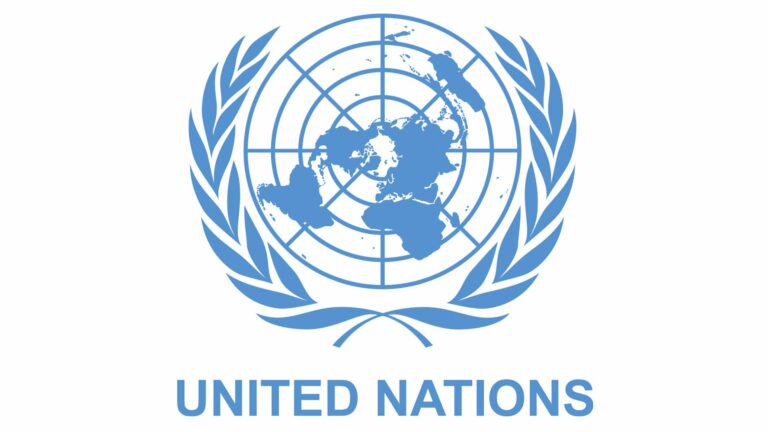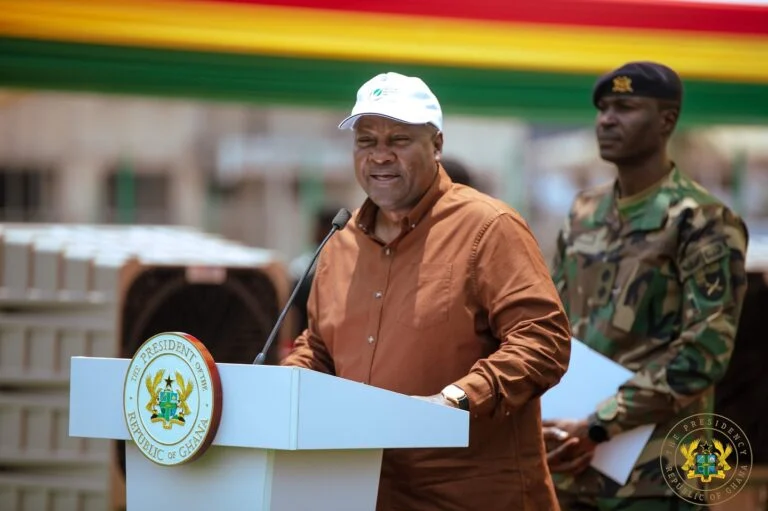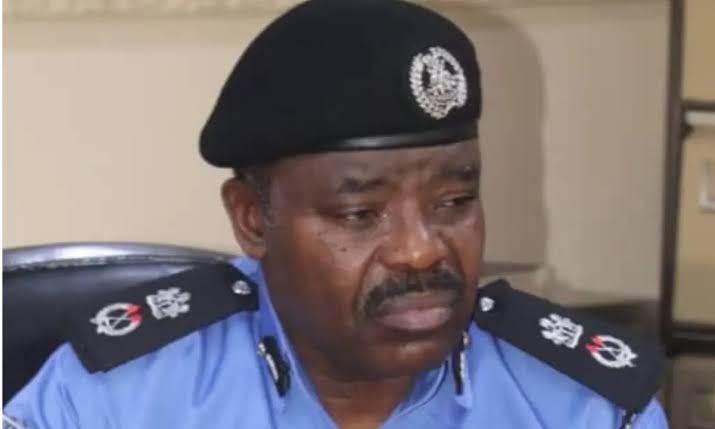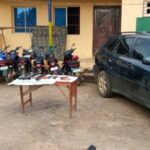UN Appoints Panel to Probe Human Rights Abuses in Eastern DR Congo After Funding Delays

The United Nations Human Rights Council has appointed a three-member panel to lead a long-awaited investigation into alleged human rights violations and humanitarian law breaches in the eastern Democratic Republic of Congo (DRC), following months of delay caused by funding shortages.
In a statement issued on Monday, the council’s president, Swiss Ambassador Jürg Lauber, announced that Benin’s Arnauld Akodjenou will chair the inquiry, supported by international criminal prosecutors Maxine Marcus, who holds dual German-US nationality, and Clement Nyaletsossi Voule of Togo.
The commission will focus on South and North Kivu provinces, regions that have suffered persistent conflict for more than three decades.
Violence in the area has worsened since 2021, driven by the resurgence of the M23 rebel group, which the United Nations accuses of receiving support from neighbouring Rwanda, an allegation Rwanda continues to deny.
According to UN reports, the M23 seized Goma in January and Bukavu in February, causing thousands of deaths and displacing hundreds of thousands of residents since the start of the year.
The Human Rights Council had in February mandated the rapid establishment of the Commission of Inquiry to “investigate and establish the facts, circumstances, and root causes of all alleged violations and abuses of human rights and international humanitarian law,” and to identify individuals and entities responsible for possible international crimes.
However, the initiative stalled due to severe budget cuts across the UN system, particularly affecting human rights programs after reduced financial contributions from key member states, including the United States.
Earlier this month, the council reaffirmed its commitment to the investigation through a new resolution that secured funding and directed the appointment of investigators before the end of 2025.
Under the new timetable, the commission is expected to conduct its first field visit by January 2026 and submit its initial report to the council in early 2027.
The UN hopes the probe will help establish accountability and renew international attention on the worsening humanitarian crisis in one of Africa’s most volatile regions.









